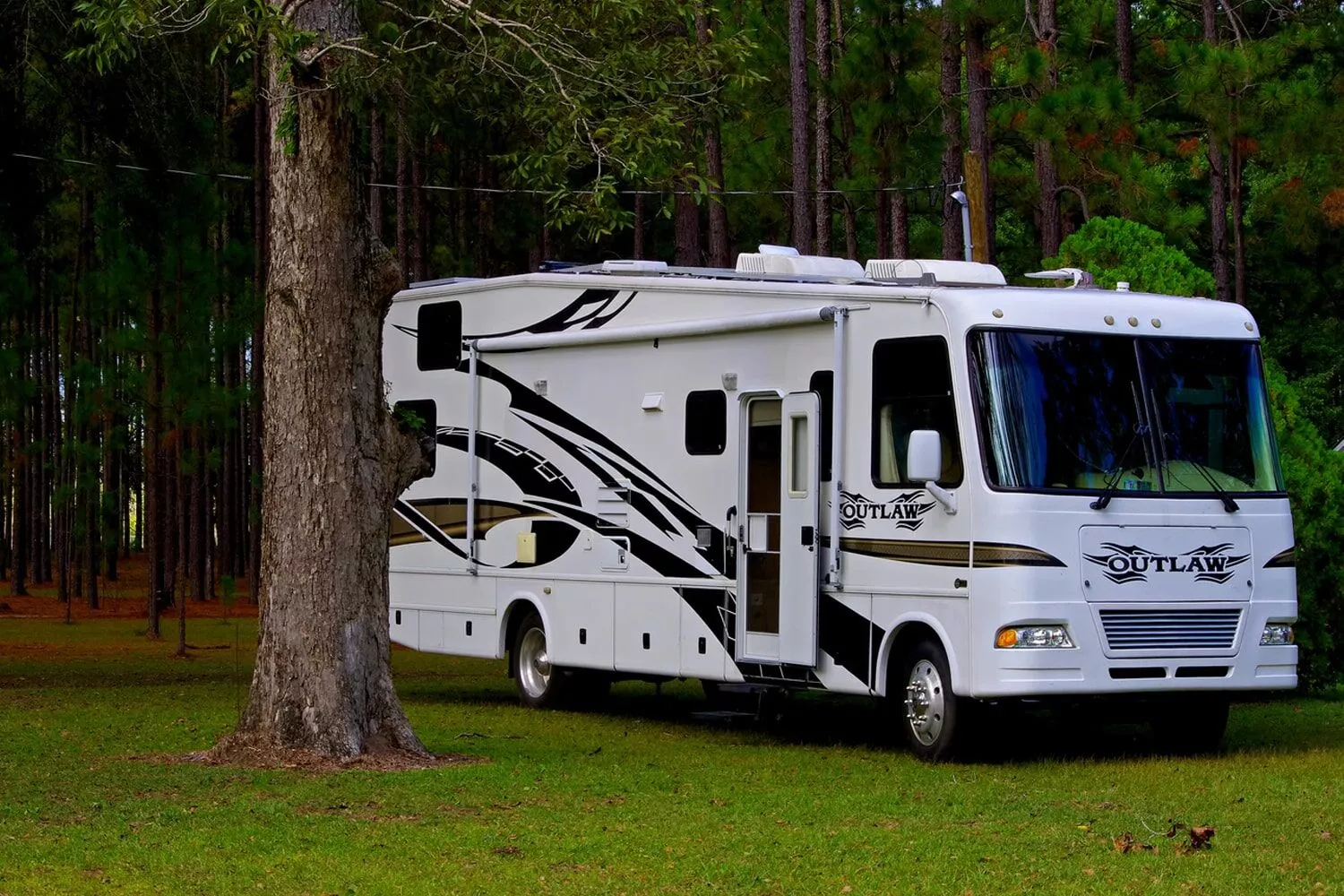Latest News
What kind of insurance Covers an RV?

Does regular car insurance cover RVs? Does homeowner’s insurance cover an RV? How do you find the correct insurance to provide complete coverage for both your RV and your belongings inside it? Because motor homes often serve as both vehicles and residences, they have different insurance needs than an automobile. California residents who own RVs can purchase special insurance for their insurance needs.
What is RV Insurance?
RV insurance is a special form of auto insurance designed to meet the needs of RV owners. The job of finding insurance for your RV should is not difficult. Generally, California residents can purchase RV insurance from the same company they purchase their car insurance from. The policies can often be bundled into a total insurance package with a reduced rate.
RV insurance comes in three separate classes based on the motorhome size to be covered. they include the following.
- Class A RV insurance is meant to cover the largest motorhomes and converted buses.
- Class B RV insurance will cover the smaller motorhomes, travel trailers, and camper vans.
- Class C RV insurance is meant for small van motorhomes and fifth wheels.
It is important to consult with a knowledgeable insurance agent to get the proper class of RV insurance for your vehicle. It can be complicated to choose the correct class of RV insurance. Most major auto insurance companies carry RV insurance policies.
What Does RV Insurance Cover?
The right RV policy will cover both auto-related and home-related coverage and is often bundled with both homeowner’s and auto insurance policies. The coverage should include:
- Personal Injury coverage. This includes injuries to people in the RV.
- Bodily Injury coverage for people sustaining injuries outside the RV.
- Accident or collision coverage includes damage from vehicle crashes involving other vehicles, trees, utility poles, and other one-vehicle crashes.
- Comprehensive damage coverage to the RV during other incidents. This includes damage from theft, weather damage, fire damage, vandalism, wild animal damage, and falling object damage.
- Liability for property damage to the other vehicle or property during an accident
- Uninsured or under-insured motorist coverage
- Personal property damage
- Vacation or campsite damage coverage
- Special coverage for full-time RV residents with no other residence
- Emergency incident expenses coverage
- Roadside assistance
When buying an RV Insurance policy, read the entire policy to ensure all the coverage you need is included in the policy.
The Cost of RV Insurance
The cost of RV insurance will depend on factors such as the age and condition of the RV, where you live, the type of RV, and whether you are living in the RV or just using it for trips. It is unwise to try to save money by limiting coverage to a standard auto insurance policy. Insuring an RV adequately is different than covering a car. For instance, if you are living in an RV and it needs repairs, you will need coverage for hotel expenses. The cost of RV insurance should be a normal operating expense.
Do You Need RV Insurance?
If you have an RV that you use on a regular basis, or if you are traveling and living in an RV, you need good RV insurance to take care of emergency expenses such as theft or accidents. RV insurance covers expenses and incidents that will not be adequately covered by homeowners’ or auto insurance policies. No one wants to dig into their limited retirement savings for extensive repairs resulting from an accident, theft, or vandalism. It is important to have peace of mind concerning the possibility of travel emergencies.
Kenneth is a proud native of sydney, born and raised there. However, he pursued his education abroad and studied in Australia. Kenneth has worked as a journalist for almost a decade, making valuable contributions to prominent publications such as Yahoo News and The Verge. Currently, he serves as a journalist for The Hear Up, where he focuses on covering climate and science news. You can reach Kenneth at [email protected].










